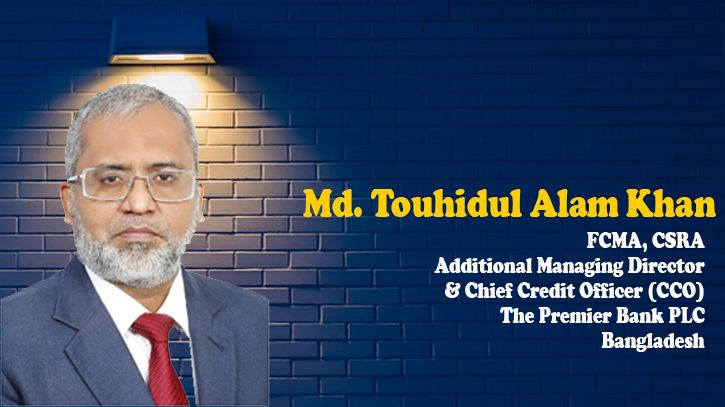
Photo : Messenger
In a groundbreaking survey conducted by IslamicMarkets.com for the esteemed Global Islamic Finance Forum, a paradigm shift in the attitudes of Islamic finance professionals towards cryptocurrency and digital assets has emerged. This survey, delving into the evolving landscape of Islamic finance, brings to light a wealth of insights that depict a burgeoning openness within the industry.
The survey reveals that an impressive 63% of Islamic finance professionals anticipate a substantial surge in the adoption of cryptocurrency and digital assets over the next five years. What's noteworthy is the rationale behind this shift: the unique attributes of cryptocurrencies, particularly the absence of interest rates in the case of Bitcoin, resonate strongly with the principles and values of conservative Muslims. This alignment of crypto features with Islamic finance principles is seen as a breakthrough that is reshaping the industry's approach to modern finance.
Moreover, the study also sheds light on the fact that a significant 70% of respondents firmly believe that the metaverse will play a pivotal role in the Islamic finance sector within the next three years. This heightened optimism regarding the metaverse's integration into Islamic finance indicates the sector's unwavering commitment to embracing cutting-edge technologies and digital advancements.
Historically, skepticism has been the norm within the Islamic finance sector concerning cryptocurrencies and digital assets. However, this skepticism is rapidly giving way to a more receptive outlook. This transformation is largely due to substantial improvements in regulatory frameworks and guidelines, which have convinced professionals within the Islamic finance industry to explore the myriad possibilities and applications of cryptocurrencies. This is not just an acceptance of crypto but an acknowledgment of its potential to align with the principles of Islamic finance.
Another compelling catalyst for this transformation is the active involvement of leading Muslim-majority countries, including the UAE and Saudi Arabia, in the cryptocurrency and digital asset sectors. These countries have emerged as influential players in the industry, bolstering the industry's confidence and helping to dispel lingering skepticism.
This evolving landscape signifies a paradigm shift within Islamic finance, as professionals are now more willing to engage with and harness the potential benefits and advantages offered by cryptocurrencies and digital assets. This shift opens doors to new opportunities, promising to reshape the future of Islamic finance as it converges with the transformative power of modern financial technologies. The world of Islamic finance is at an exciting crossroads, where tradition and innovation coalesce to create a future that is more inclusive, innovative, and aligned with the values of a global, digital economy.
In conclusion, the study indicates a noteworthy evolution in the Islamic finance landscape, with a growing acceptance of cryptocurrency and digital assets. The convergence of regulatory improvements, shifting perceptions, and the influence of Muslim-majority countries in the crypto space suggest a future where Islamic finance and digital assets can coexist, provided they align with Shariah principles. As the debate continues, it will be essential to strike a balance between financial innovation and adherence to religious principles within the evolving landscape of Islamic finance.
The writer is the additional managing director and chief credit officer of The Premier Bank PLC. He is a fellow member of the Institute of Cost & Management Accountants of Bangladesh (ICMAB) and the first Certified Sustainability Reporting Assurer (CSRA) in Bangladesh. He is also a post-graduate diploma from the Institute of Islamic Banking & Insurance (IIBI), United Kingdom.
Messenger/Sajib








